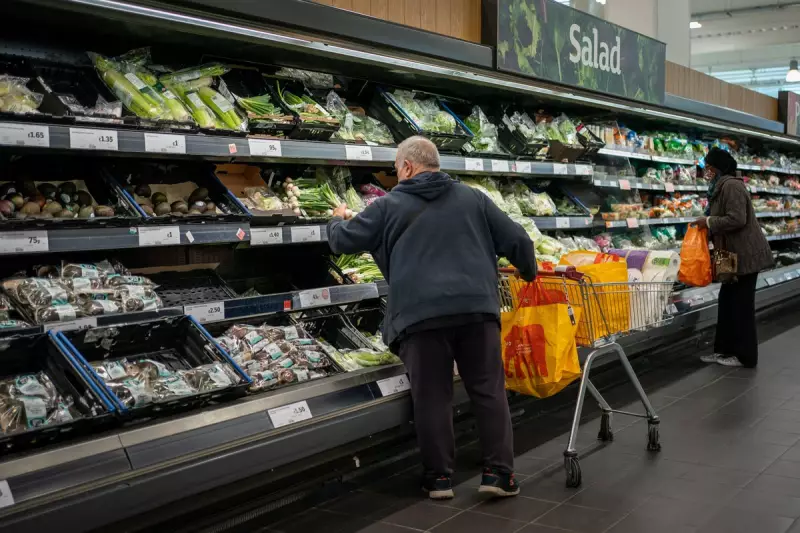
Inflation Set for Welcome Dip as Energy and Food Costs Ease
New official data, due for release on Wednesday, is expected to show a significant cooling in the UK's inflation rate for October. This development promises a degree of relief for households grappling with the cost of living and provides a timely boost for the Government.
Most economists are predicting that the rate of Consumer Prices Index (CPI) inflation will have slowed to 3.5% in October, down from the 3.8% recorded in September. This follows a three-month period where the inflation rate remained stubbornly flat, prolonging financial pressure across the country.
Key Factors Driving the Slowdown
A combination of factors is believed to be behind the anticipated decline. Energy costs are a major contributor, with the Ofgem energy price cap rising by only 2% in October. While still an increase, this is dramatically lower than the 9.6% hike implemented last year, resulting in a substantial fall in energy price inflation.
Furthermore, the relentless rise in food and drink prices appears to be moderating. After a sustained period of steep increases for staples like chocolate, coffee, and cheese, the most recent data showed the first monthly decline in food and non-alcoholic drink costs since May of the previous year. Experts now believe this trend of easing food price inflation continued into October.
Economic and Political Implications
A lower inflation reading would be a positive development for the Chancellor ahead of the critical autumn Budget statement next week. The Government has been keen to see inflation fall to help people manage their living costs and to create room for the Bank of England to consider cutting interest rates.
This encouraging news comes after a period of economic concern, with recent data showing UK economic growth was weaker than forecast in the third quarter and unemployment reaching its highest level since 2021.
Jack Meaning, chief UK economist at Barclays, stated that he believes September “represented the peak of the inflation hump” and forecasts the drop to 3.5%.
Economists Robert Wood and Elliott Jordan-Doak from Pantheon Macroeconomics share this view, attributing the easing primarily to energy costs. However, they cautioned that a hike in university tuition fees, particularly for international students, may have exerted some upward pressure on the figures.
Offering a slightly more conservative prediction, Sanjay Raja of Deutsche Bank anticipates a smaller fall to 3.7%. He highlighted that the upcoming Budget on November 26 will be crucial for future inflation forecasts, noting, “We expect the Chancellor to push through some modest measures to pull down on prices.”





